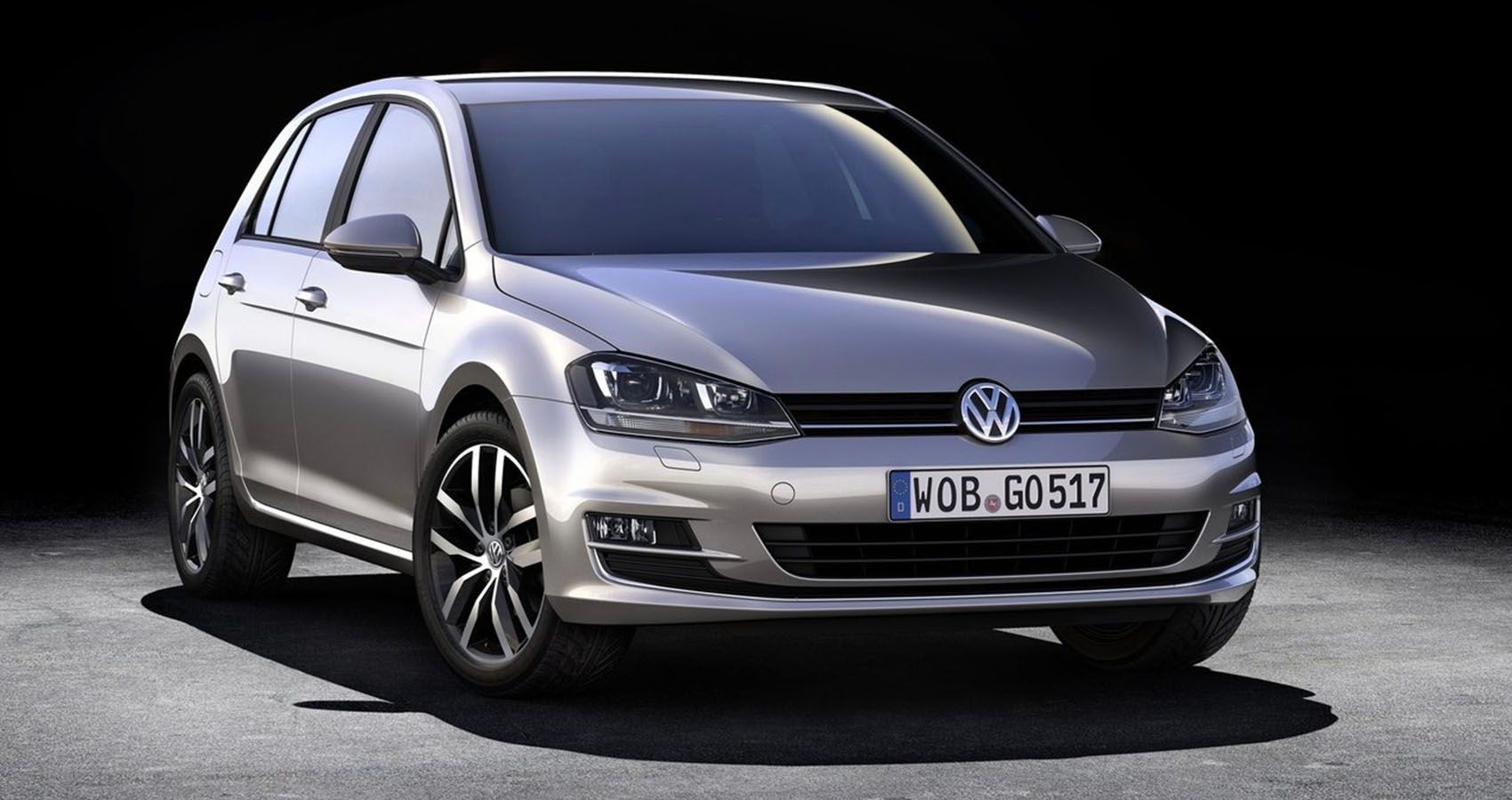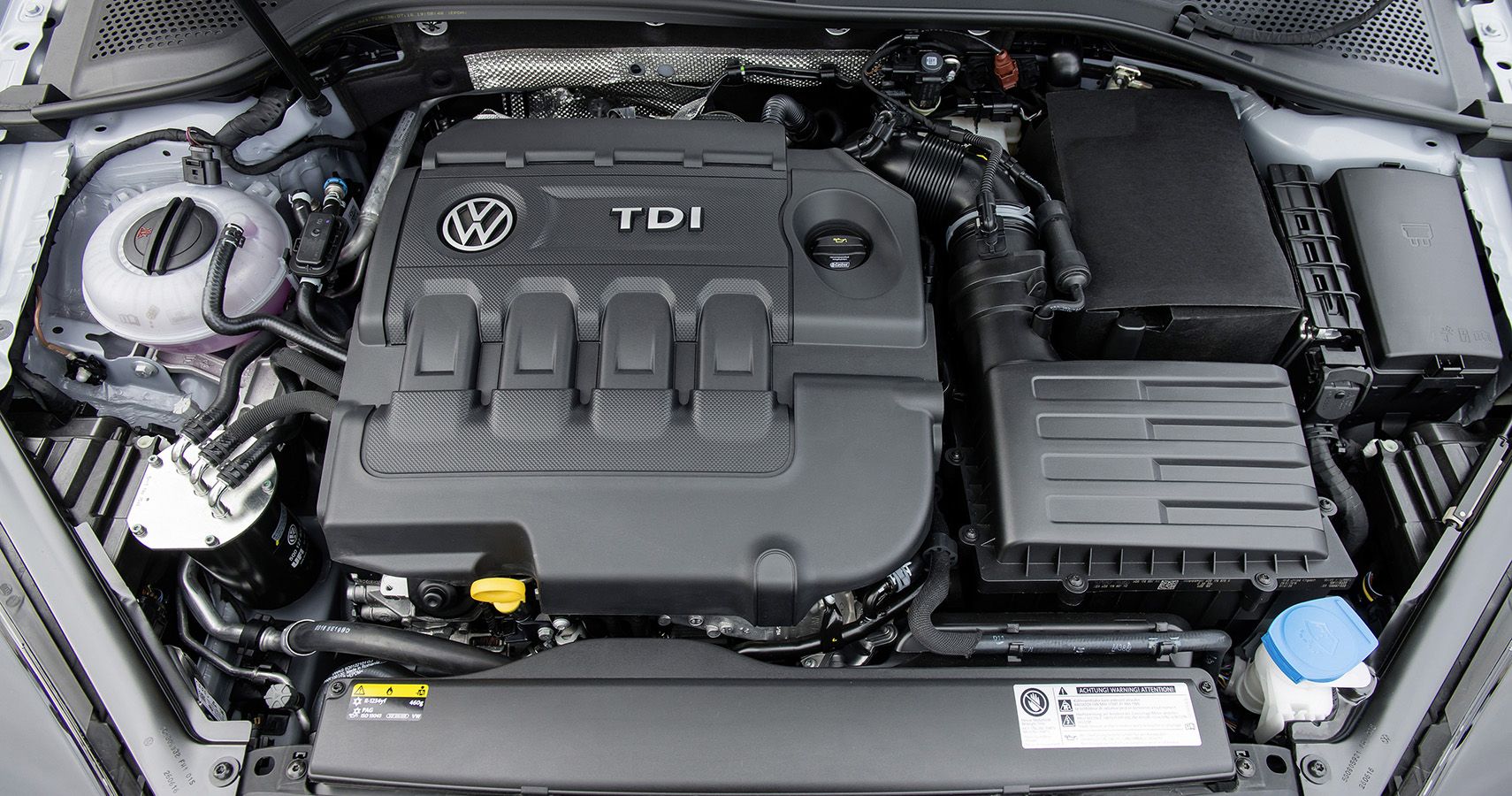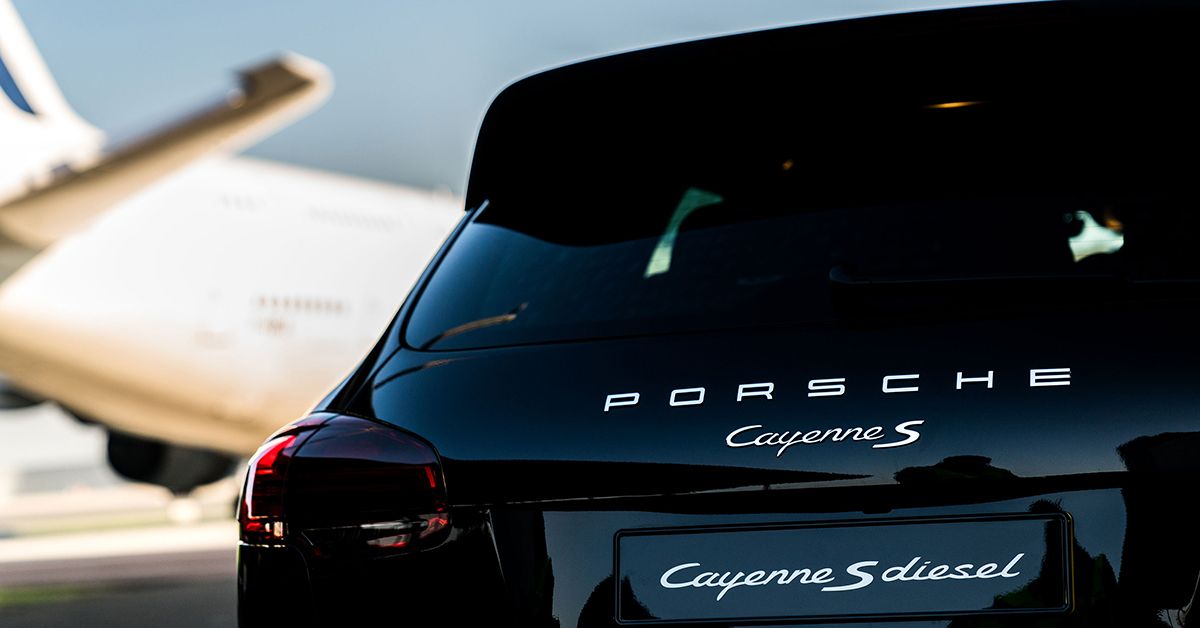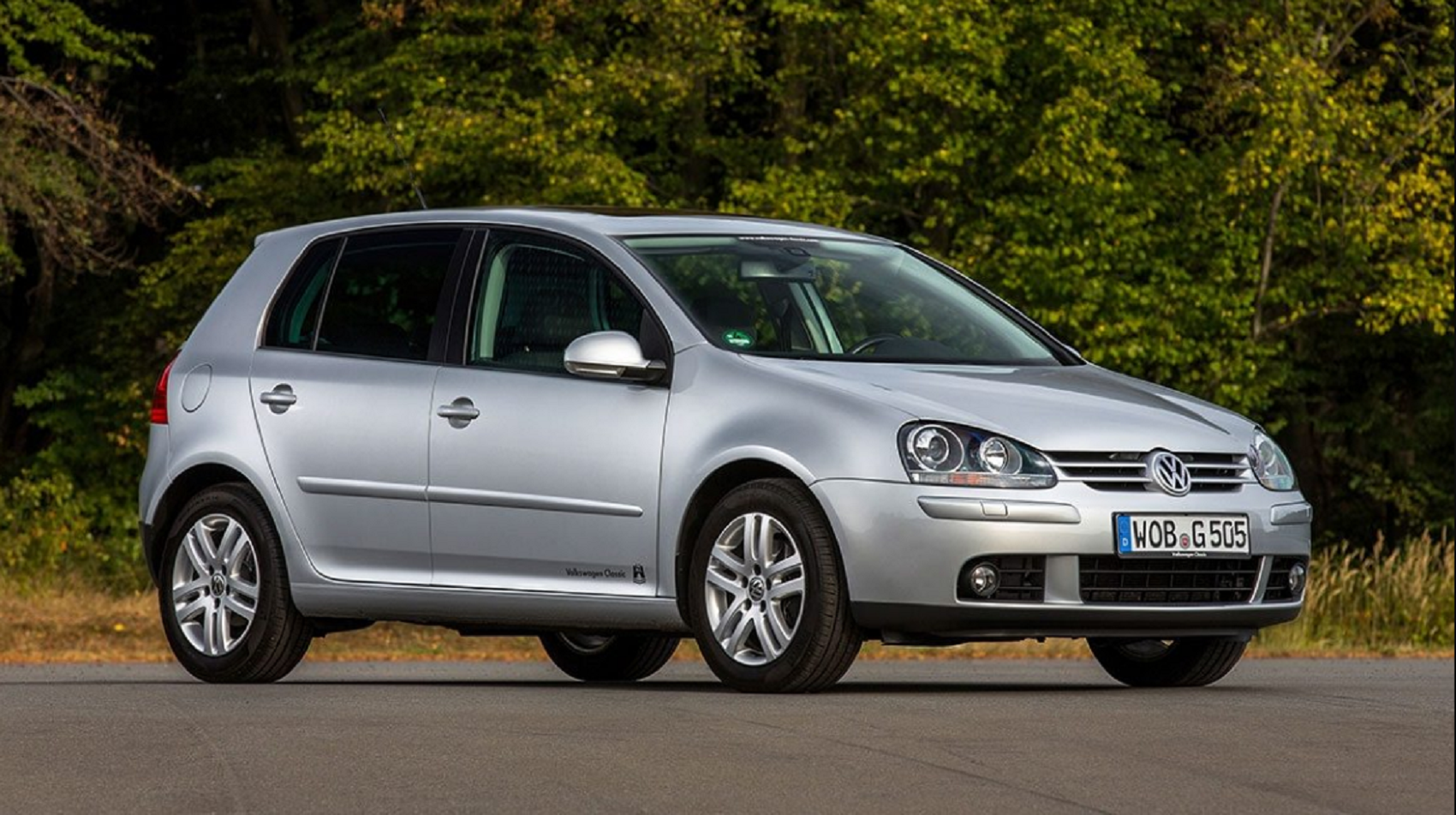Volkswagen in the 2010s found itself in the middle of the most recent automotive scandal to rock the world. After cheating the system for nearly a decade in 2015. The giant of the automotive world found itself on its hands and knees after a few researchers decided to test a humble Volkswagen Jetta out of the lab and on the roads. After publishing their finding alarms bells rang around the world.
Over the course of the next five years Volkswagen found their reputation dragged through the mud. Find billions, with executives charged and the brand's cars taken off the road the entire Volkswagen Group found itself embarrassed. Across the entire industry people found themselves burnt and no longer trusting the clean and economical promise of the diesel. With emissions from diesel Volkswagens up to 40 times worse than the company promised once actual in the real world.
The Volkswagen group's hatchbacks, sedans and SUVs with diesel engines found themselves in trouble in 2015.
This Is What Happened In Dieselgate
Dieselgate also known as emissions gate saw Volkswagen brought to its knees. In the early 2000s the company exposed the virtues of diesel as a fuel source. Diesel engines while not the best sounding, as most engines remind drivers of agricultural machines. However, low-revving and with plenty of low-end torque diesel engines resulted in much better fuel economy. All of a sudden a driver could have a large engine in their BMW, Mercedes-Benz or Audi without the awful fuel economy. In other words drivers could have their cake and eat it too with diesels for gearheads. As the early 2000s rolled on the diesel engine became more and more popular.
Dieselgate broke into the news cycle in 2015 and shattered this vision. According to Statista, an online aggregator of statistics, "Although the share of diesel car sale shares in Ireland was quite high in 2019, that number has dropped significantly since 2015 from 71 percent to 46 percent". Similar trends exist across other European countries and the decline of the diesel engine began. However, the executive class of vehicles from BMW, Mercedes-Benz and Jaguar continue to offer diesel engines.
Volkswagen shook customer confidence in the diesel engine. Volkswagen's engines did not meet emission standards worldwide. Nitrogen Oxide emissions were required to be reduced around the world in attempts to make the world cleaner. This particular chemical compound might sound cool to us nitrous obsessed gearheads. However it actually has a toxic impact on the air.
After pulling their diesel engines from sale, Volkswagen announced new Clean Diesel engines for 2009 that met EU4 standards. The engines weren't cleaner than before, instead they used a software cheat defeat device. After using a system called BlueTec that used technology from Mercedes, Volkswagen opted to cheat. When the car detected an emission test it simply switched into a less polluting mode. Mercedes was also found to be cheating emissions tests.
How Dieselgate Crippled Volkswagen
In 2015 the International Business Times reported that the VW board received "an internal memo showing a company engineer had warned about dubious emissions practices in 2011". Even more damningly the International Business Times reported that, "Bosch had warned VW not to use its software illegally as far back as 2007". From the very start of the defeat device the company knew what they did was illegal, but continued anyway.
In 2015 West Virginia University tested a Volkswagen Jetta and Passat. Using a portable emissions measurement system, the researchers found the car's real world emissions. This lead to the EPA forcing Volkswagen to recall nearly 500,000 cars sold with 2 liter diesel engines identified to have the defeat device. Not only Volkswagen had to recall cars but also the stablemate brand Audi.
This recall involved everything from the Audi A1 and A3, all the way up to the large A8 and Q8. On the Volkswagen side of things the recall included Golfs, Beetle, Touraegs and Passats as well as most of the brands' lineup. After the EPA's recall of 2 liter models worldwide other bodies examined the Volkswagen Group's cars further. Small displacement engines in Seats and Skodas came under fire alongside the large 3.0 TDI engine that powered the larger cars in the group. The total number of affected vehicles sits at just over 11 million worldwide with 550,000 of these in the United States.
Volkswagen Made Amends For Dieselgate
Volkswagen globally needed to follow various different procedures to make amends for their actions. In the United Kingdom Volkswagen had to 'repair' vehicles and recalled 20,000 of them a week to repair them. Only as reported in The Guardian, on their return to drivers performance decreased dramatically to get these polluting engines in-line.
The company scrapped plenty of vehicles as well, but even some of these found their way back to customers. A few multi-million dollar lawsuits later and Volkswagen reputation found itself in tatters. In the United States Volkswagen paid $4.3 billion in fines and the company's executives found themselves in legal problems. Truly breaking precedent. Environmental bodies made an example of Volkswagen, humiliating them in the process, a warning to other manufacturers to follow the rules.




